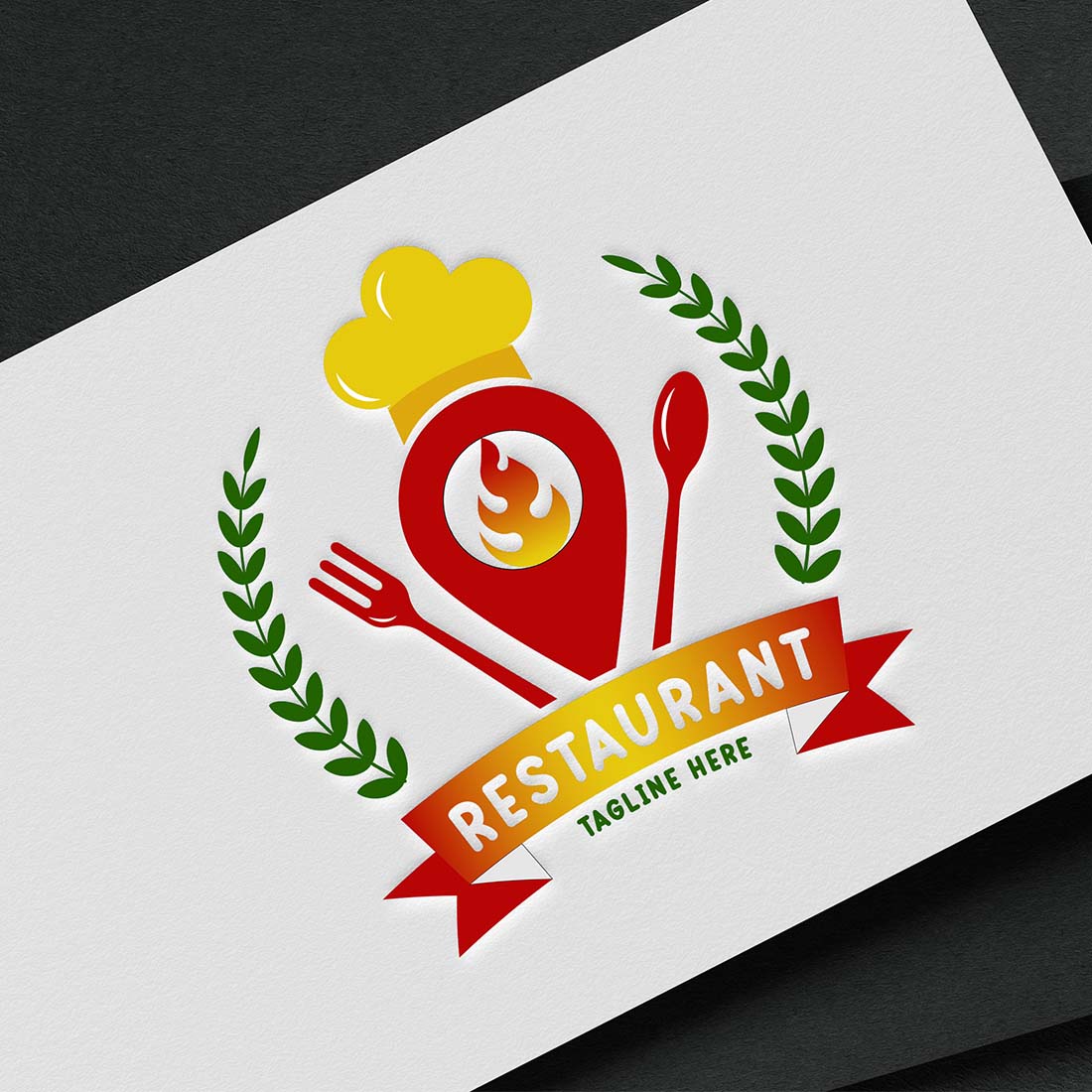In the competitive culinary world, your restaurant's logo is more than just a symbol; it's the face of your brand. A well-designed logo can attract customers, convey your restaurant's theme, and leave a lasting impression. In this blog post, we explore the essential elements of restaurant logo design and introduce 100% editable and customizable templates that cater to various dining establishments. Whether you're launching a new eatery or rebranding an existing one, our guide will help you create a professional and unique logo that perfectly captures your restaurant's essence.
Section 1: Importance of a Professional Restaurant Logo
A restaurant logo is a critical component of your brand identity. It's often the first thing potential customers notice and can influence their dining decisions. A professional logo:
- Builds Trust: A well-crafted logo suggests professionalism and quality, making customers more likely to trust and visit your establishment.
- Conveys Theme and Cuisine: The design elements, colors, and fonts can reflect your restaurant's style, whether it's a cozy café, a high-end restaurant, or a fast-food joint.
- Enhances Brand Recognition: A memorable logo helps your restaurant stand out in a crowded market, making it easier for customers to remember and return.
- Fosters Loyalty: Consistent branding with a strong logo can create an emotional connection with customers, encouraging repeat visits and word-of-mouth recommendations.
Section 2: Key Elements of an Effective Restaurant Logo
Designing a compelling restaurant logo involves several critical elements:
- Color Scheme: Colors evoke emotions and can hint at the type of cuisine you offer. Warm colors like red and orange can stimulate appetite, while green might suggest freshness and healthiness.
- Typography: The font should be readable and match the restaurant's ambiance. Elegant fonts suit fine dining, while casual fonts are perfect for bistros and cafes.
- Icons and Imagery: Icons like utensils, food items, or cultural symbols can quickly convey what your restaurant is about. However, avoid overly complex images to ensure the logo is versatile.
- Simplicity: A simple, clean design is more versatile and memorable. It should look good on various mediums, from menus to signage to social media.
- Uniqueness: Ensure your logo stands out by incorporating unique design elements that differentiate it from competitors.
Section 3: Advantages of 100% Editable Logo Templates
Using editable logo templates offers several benefits:
- Ease of Customization: These templates allow you to easily modify colors, fonts, and icons to match your restaurant's brand.
- Cost-Effective: Hiring a professional designer can be expensive. Editable templates provide a budget-friendly alternative without sacrificing quality.
- Time-Saving: Templates significantly reduce the time needed to create a logo, allowing you to focus on other aspects of your business.
- Professional Quality: High-quality templates are designed by experienced designers, ensuring a polished and professional look.
Section 4: Step-by-Step Guide to Customizing Your Restaurant Logo
Customizing a logo template can be straightforward with the right approach. Follow these steps:
- Choose the Right Template: Select a template that closely aligns with your restaurant's theme and style.
- Edit Colors: Adjust the color palette to match your brand’s color scheme. Use color theory to select complementary colors that evoke the desired emotions.
- Modify Typography: Change the fonts to something that fits your restaurant’s ambiance. Ensure readability across different mediums.
- Incorporate Icons: Add or replace icons to better represent your cuisine and restaurant style. Ensure the icons are simple and clear.
- Adjust Layout: Rearrange elements for a balanced and harmonious design. Make sure the logo is scalable and looks good at different sizes.
- Review and Refine: Get feedback from staff or potential customers. Make necessary adjustments based on their input.
- Test Across Mediums: Ensure your logo looks great on menus, signage, websites, and social media profiles


